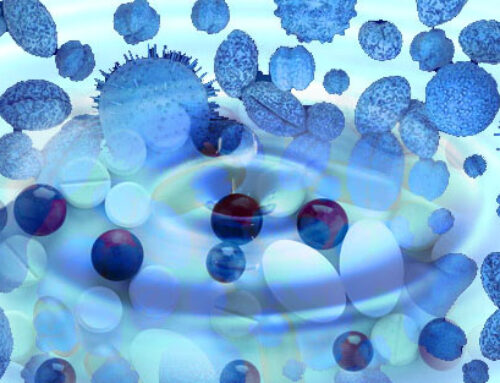Since 1990 75% less invertebrates like insects
75% fewer invertebrates such as insects since 1990A species extinction worse than dinosaurs has affected all populations, a domino effect in the food chain, fish and birds disappearing. We are experiencing the 6th and most massive extinction of species in the history of the earth. Blame it on a new class of powerful insecticides that hit the market in the 1990s: neonicotinoids, a concentrated toxin that’s applied directly to the seed. Systemic insecticides kill bees, butterflies, bugs… Insect die-offs have increased dramatically over the past 30 years. One of the causes is neonicotinoids – a highly harmful insecticide that threatens our entire food chain and animal kingdom.
Pestizide sind im einzelnen Insektizide, Fungizide, Neonikotinoide (das Nikotin tötet Insekten) und Herbizide.
Insecticides are water-soluble, spread quickly in water and aquatic plants, are literally absorbed. Plants are in contact with groundwater. This is why we find insecticides in most bodies of water. The water becomes contaminated. Animals that eat from the plants are poisoned. As soils are contaminated, the water that flows into the soils also becomes contaminated. In 1993, after the approval of neonicotinoids, the ecosystem changed in one fell swoop and fish disappeared.
Insecticide DDT Developer first received the Nobel Prize, then DDT was banned worldwide as a cause of cancer and as toxic to reproduction in the 1970s. Today’s neonicotinoids are 7,000-8,000 times more toxic than DDT.
- Extremely high mortality
- Lots of dead bees
Our environment is full of pesticides and cocktails of the various chemical agents. We have no idea what the effects of the pesticides are, dispersal of insecticides and cocktail effects from many different pesticides. The environment is full of substances. The effects are unknown. If you want to detect 200 different pesticides, you would have to carry out 20,000 risk assessments. So far, nobody has paid for it and nobody has done it before.
Not a meal without neonicotinoids
Effects on people to hormonal effects or hair loss to cancer.
Even more troubling are the effects on our nervous systems and thus the brains of fetuses and young children. Shocking studies from Japan: Neonicotinoids are detectable in the first stream of urine in newborns. Research into pesticides and herbicides on water and the environment for harmful effects on humans found: Mental behavioral disorders in children have increased since 1993.
The soil (and thus plants and groundwater) are poisoned, but the industry criticizes the protection requirements: “Protection requirements endanger the marketing of numerous pesticides. 65 out of 67 of the products would fail new tests.” “Sales of pesticides cannot be stopped – thousands of jobs depend on it.”
New risk assessments and more stringent toxicity tests have been scrapped. Outdated risk assessments will continue to be applied. The allowable mortality rate for bees has been greatly increased and exemptions have been obtained. New substances such as sulfoxaflor and flupyradifuron are already on the market as successors.
Particularly toxic pesticides are banned in the EU, but export to third world countries remains permitted. From these countries, however, the fruits containing pesticides come back to Europe. According to the UN, 200,000 people die every year from pesticides in developing countries. Poison exports continue and the EU even authorizes ever higher export volumes. Most of the world’s pesticides are approved in Brazil. In the end, the poison comes back to us: in the coffee and on the oranges. Their water shows frightening values:
Source: Arte TV-Dokumentationen “Pestizide – Profit außer Kontrolle” und “Pestizide: Europas zynischer Giftexport”
Now everyone can ask themselves the question: “Should something like this be in the drinking water for me and my family?”
If you want to find permanent relief for yourself and your family, you need safe and reliable drinking water filters.
Personal statement: It is not our intention to make a profit with water filters because of the pollution of our environment. However, we know that technology helps to remove such substances from drinking water. We use our knowledge and experience to develop filtration technologies that bring people back clean drinking water, free from contamination.




